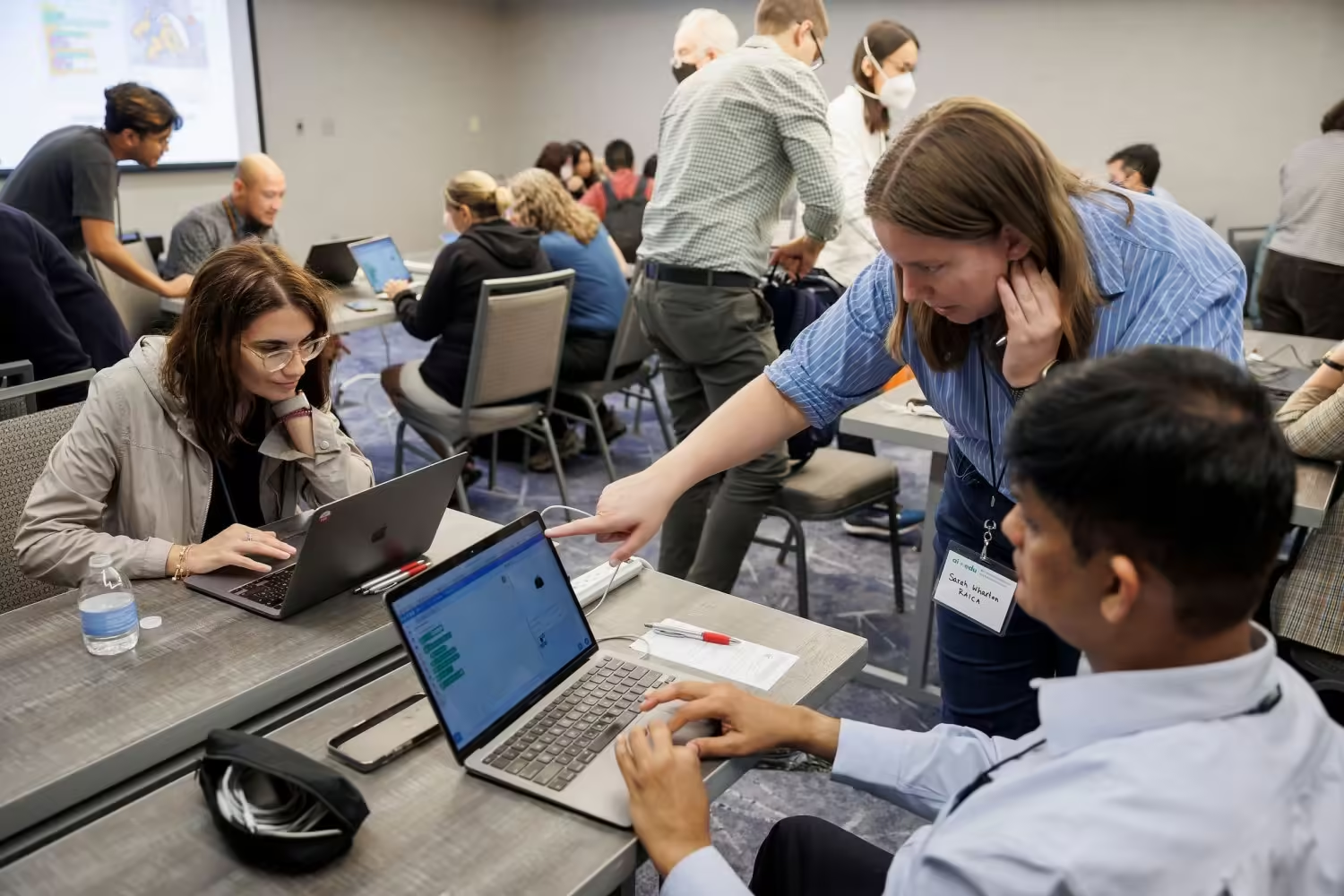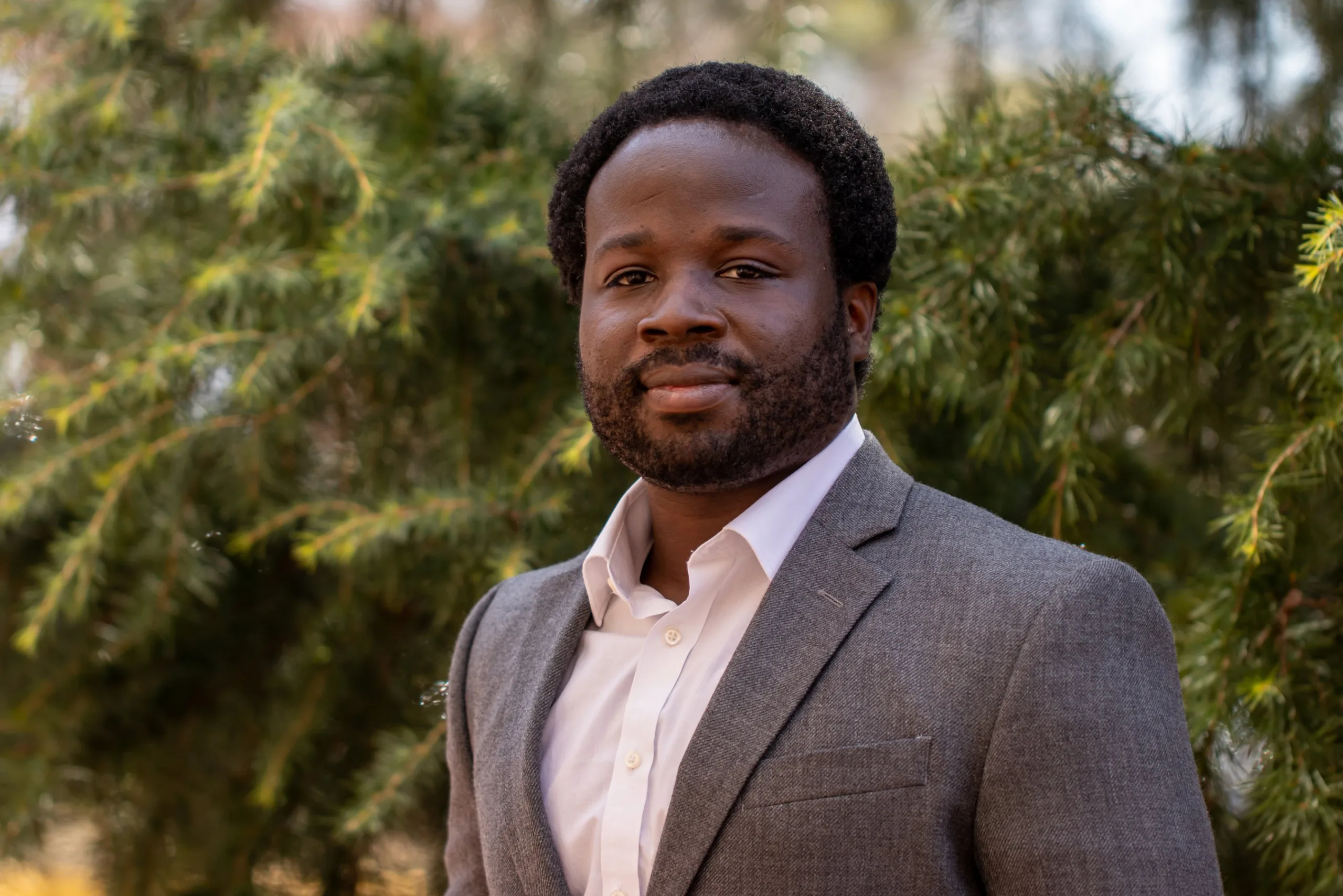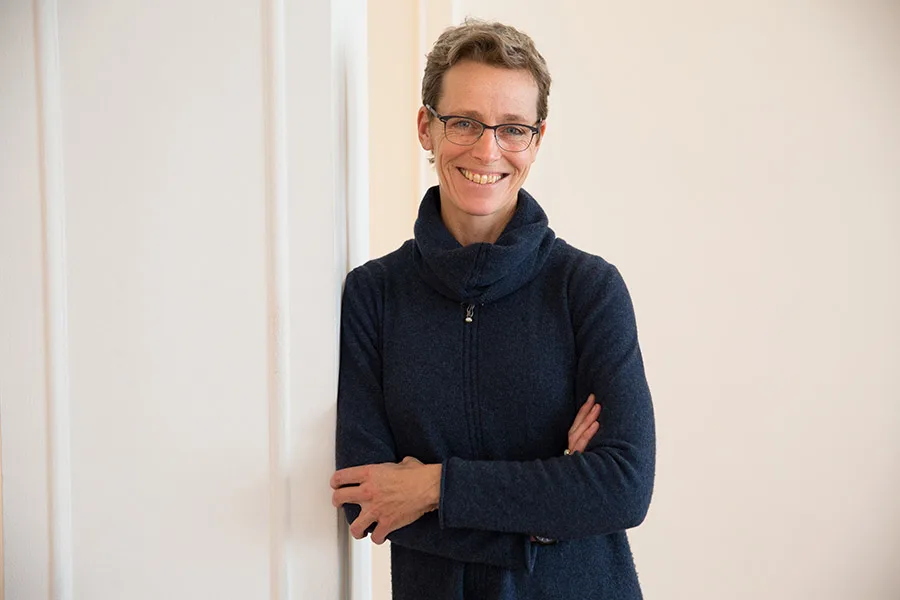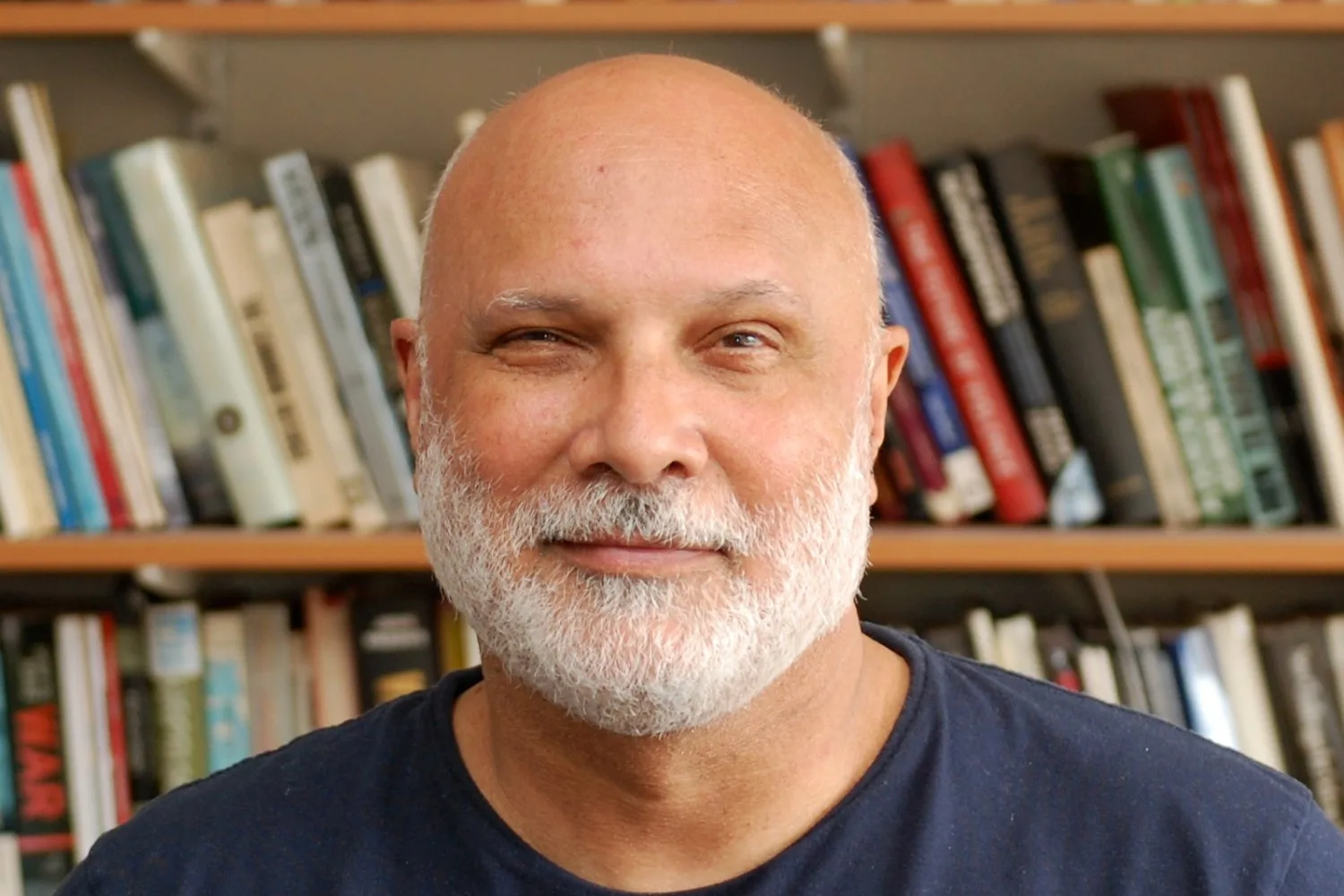MIT AI + Education Summit: Pioneering the Future of Learning
This summer, 350 participants gathered at MIT to tackle a pressing question: how can education continue to create opportunities for all in a world where digital culture alone is no longer sufficient, and students must now master AI?
The AI + Education Summit was hosted by the MIT RAISE Initiative (Responsible AI for Social Empowerment and Education) in Cambridge, Massachusetts. The event featured speakers from the App Inventor Foundation, the Mayor’s Office of Boston, the Hong Kong Jockey Club Charities Trust, and more. Highlights included an on-site "Hack the Climate" hackathon, where teams of novice and experienced MIT App Inventor users had just one day to develop an app to combat climate change.
In their opening remarks, RAISE principal investigators Eric Klopfer, Hal Abelson, and Cynthia Breazeal outlined the new goals for AI mastery. "Education is not just about learning facts," said Klopfer. "It’s a whole process of development. We need to think about how we help teachers be more effective. Teachers need to be part of the AI conversation." Abelson emphasized the empowering aspect of computational action, noting its immediate impact: "What’s different from decades ago when people taught computers is what kids can do now." Breazeal, the director of the RAISE Initiative, discussed AI-assisted learning, stressing the importance of using technology like classroom companion robots as complements to what students and teachers can achieve together, not replacements. As Breazeal highlighted in her speech, "We want people to understand, appropriately, how AI works and how to design it responsibly. We want to ensure people have an informed voice on how AI should be integrated into society. And we want to empower all kinds of people worldwide to use AI to solve important problems in their communities."
The summit also showcased the invited winners of the Global AI Hackathon. Awards were given for applications in two categories: climate and sustainability, and health and well-being. Winning projects addressed issues such as sign language translation to audio, object detection for the visually impaired, empathy practice using AI character interactions, and personal health checks using tongue images. Participants also engaged in hands-on demonstrations for MIT App Inventor, a "playground" for the Personal Robots Group, and a professional development session for teachers on responsible AI.
By bringing together individuals of all ages, professional backgrounds, and geographic locations, the organizers highlighted a unique mix of ideas that participants could take back to their communities. Conference materials included real-world case studies on AI implementation in schools, such as after-school clubs, student data security considerations, and large-scale experiments in the UAE and India. Plenary speakers discussed funding AI in education, the role of state government in supporting its adoption, and, in the summit keynote by Francesca Lazzeri, Senior Director of AI and Machine Learning at Microsoft, the opportunities and challenges of using generative AI in education. Lazzeri discussed developing toolkits that establish safeguards around principles such as fairness, safety, and transparency. "I sincerely believe that learning generative AI is not just for computer science students," said Lazzeri. "It’s for all of us."
MIT’s Pioneering AI Education
The Hong Kong Jockey Club Charities Trust, a long-time collaborator, played a crucial role in early AI education. They supported MIT in deploying computational action and project-based learning years before AI became a widespread educational challenge. A panel at the summit discussed the history of its CoolThink project, which introduced this learning to grades 4-6 in 32 Hong Kong schools during an initial pilot, eventually expanding to over 200 schools. CoolThink Director Daniel Lai stated that the trust, MIT, the Education University of Hong Kong, and the City University of Hong Kong aimed to integrate this into the educational system so that every child had equal access to these skills and knowledge.
MIT has been a collaborator since CoolThink’s inception in 2016. Professor and App Inventor founder Hal Abelson helped Lai launch the project. Several summit participants and former MIT research staff were leaders in developing the project. Educational technologist Josh Sheldon led MIT’s work on the CoolThink curriculum and teacher professional development. Karen Lang, then Head of Education and Business Development at App Inventor, was the primary curriculum designer for CoolThink’s initial phase, writing lessons, tutorials, and worksheets for the program’s three levels with the help of the Hong Kong education team. Mike Tissenbaum, now a professor at the University of Illinois at Urbana-Champaign, led the development of the project’s research design and theoretical foundations. They provided initial training for the first two cohorts of Hong Kong teachers, consisting of 40-hour sessions with about 40 teachers each.
The Ethical Imperatives of Today’s AI "Funhouse Mirror"
Daniel Huttenlocher, Dean of the MIT Schwarzman College of Computing, delivered the closing keynote. He described the current state of AI as a "funhouse mirror" that "distorts the world around us" and presented it as another technology that imposes ethical demands on humans to find its positive and empowering uses while mitigating its risks.
"One of the areas I am most personally passionate about," said Huttenlocher, "is people learning through AI," with AI discovering solutions that people had not yet found on their own. As much of the summit demonstrated, AI and education must be collaborative. "[AI] is not human intellect. It is not human judgment. It is something different."



